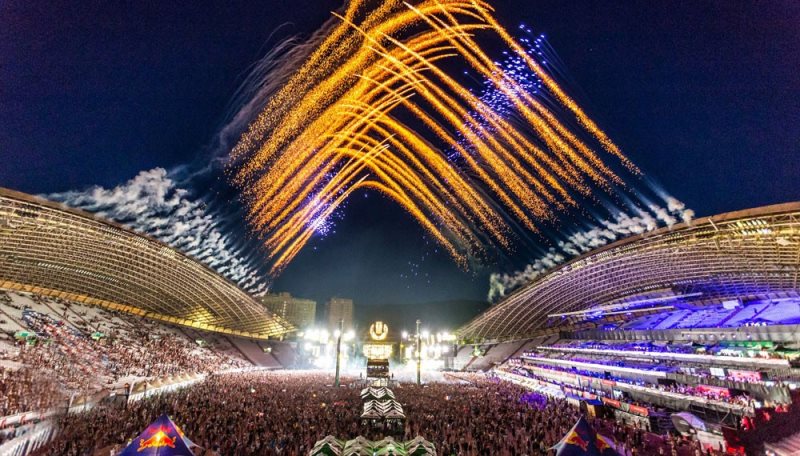Cultural events and tourism - ECONOMIC POINT OF VIEW part 1
Over the decades, tourism has experienced continued growth and deepening diversification to become one of the fastest growing economic sectors in the world. Modern tourism is closely linked to development and encompasses a growing number of new destinations. These dynamics have turned tourism into a key driver for socio-economic progress.
Today, the business volume of tourism equals or even surpasses that of oil exports, food products or automobiles. Tourism has become one of the major players in international commerce, and represents at the same time one of the main income sources for many developing countries. This growth goes hand in hand with an increasing diversification and competition among destinations.

This global spread of tourism in industrialised and developed states has produced economic and employment benefits in many related sectors - from construction to agriculture or telecommunications. The contribution of tourism to economic well-being depends on the quality and the revenues of the tourism offer.
Events are an important motivator of tourism, and figure prominently in the development and marketing plans of most destinations. The roles and impacts of planned events within tourism have been well documented, and are of increasing importance for destination competitiveness. Yet it was only a few decades ago that ‘event tourism’ became established in both the tourism industry and in the research community, so that subsequent growth of this sector can only be described as spectacular.
City as a kind of tourism destination is also motivated to attract visitors with different kinds of events, strengthen its competitiveness and generate economic benefits. In the context of city tourism competitiveness, the economic impact of events and methods for its evaluation should be analysed, as the number of events in an appropriate territory can be defined as a factor of tourism competitiveness.
Generally, growing importance is attached to tourism, as well as increased expectations of tourists and their aspirations for specific experience. That is exactly the point where special role of events is recognised. Events and other happenings are integral part of tourism and inseparable part of human civilisation from its beginnings. Thus, events are global phenomenon which has increase in importance through the events industry.
Festivals and special events play a significant role in communities’ lives because they provide important activities and spending outlets for locals and visitors, and enhance local communities image. They are also unique travel attractions because they do not rely upon expensive physical development.

Events offer huge possibilities which attract both domestic and foreign tourists. The economic effects of their arrival are perceived in the number of visitors, number of overnight stays, utilization of services, expenditure, etc.
Upvote and follow for more articles about event management, cultural events and festivals
Congratulations, you were selected for a random upvote! Follow @resteemy and upvote this post to increase your chance of being upvoted again!
Read more about @resteemy here.